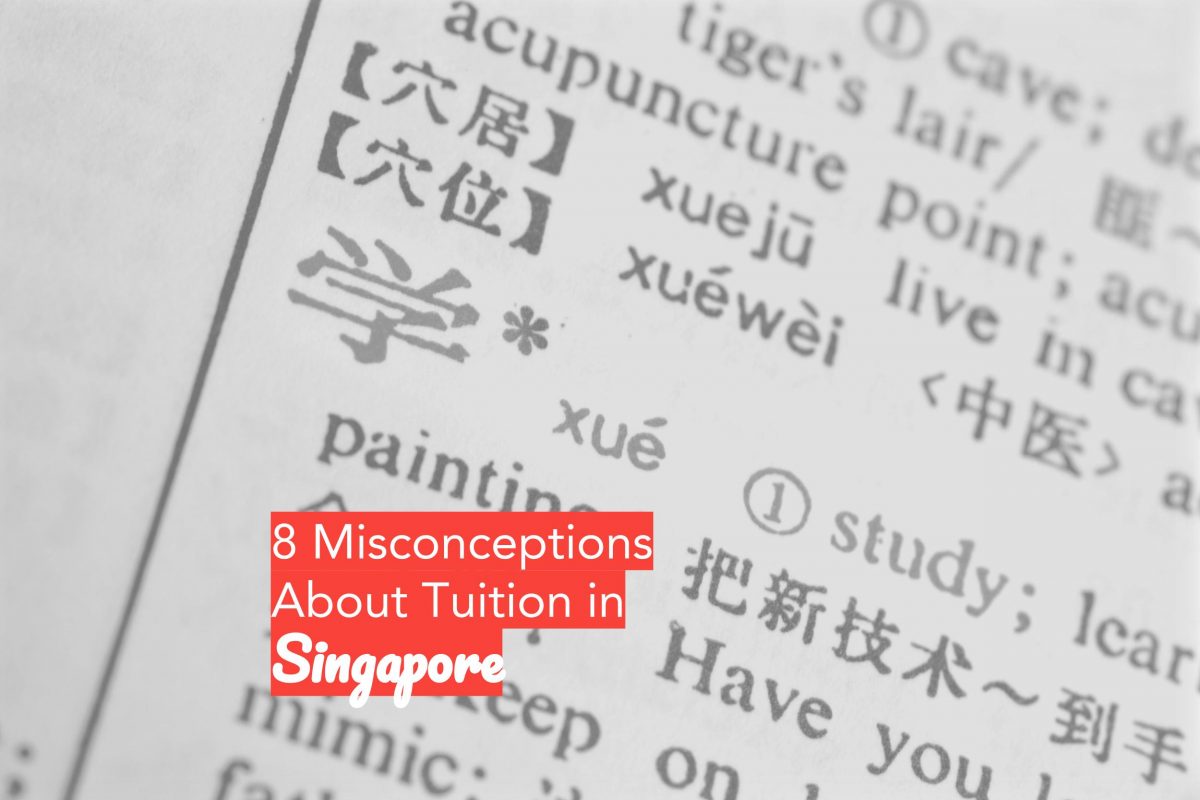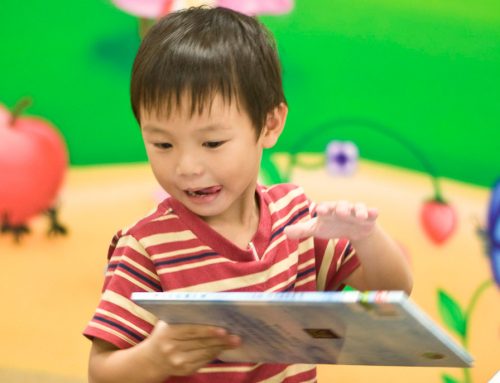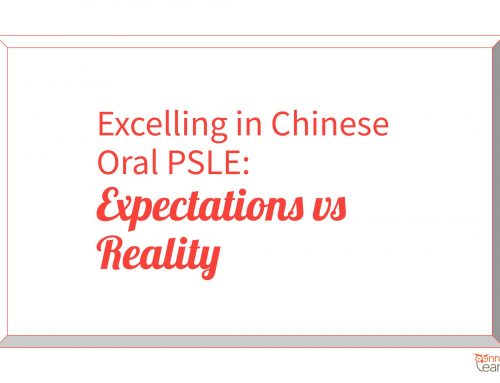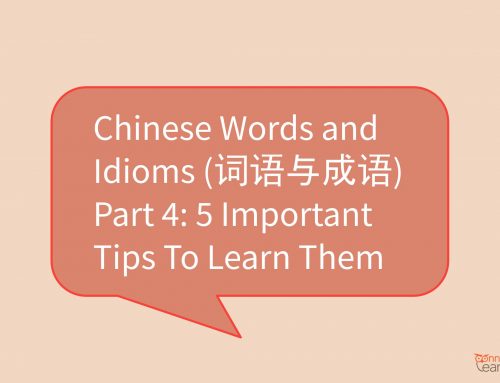Tuition in Singapore is prone to a lot of misconceptions. This is likely because people’s mindset about education has been overrun by the emphasis on lifting grades than acquiring knowledge and experience as a whole. For many students, their experience with tuition happens because it’s considered mandatory and/or to fulfill the school’s general grade requirement. No wonder there are so many different misconceptions about exactly what tuition in Singapore is and is not.
Common misconceptions about tuition in Singapore
Misconception #1 Tuition is expensive
Singaporeans pull no punches when it comes to tuition for their kids — parents in Singapore spend twice the global average on children’s local education. So why do some people mistakenly presume that tuition has to be expensive? One reason might be because many tend to assume that the more the tutor or tuition lesson charges, the better they are.
Obviously, the price is not a definitive guideline to determine whether a tuition centre or tutor is effective, or not. A less costly tuition teacher can deliver the results an expensive tuition centre can — the difference lies in what the student accepts and reacts to.
Misconception #2 Tuition is the best alternative to school syllabus
Parents may tend to push their kids to take advanced tuition two grades higher just to stay ahead of the curve. It may sound outlandish, but it’s true.
Ask any parents and most probably wouldn’t think it’s too far-fetched. Many would still pursue the idea of ‘the more the merrier’ like a cat hot on a mouse’s heels. That could be credited to the notion of ‘the higher the education level, the better it is for our future’, which is pervasive and entrenched in Singapore’s culture.
Misconception #3 Tuition means sacrificing childhood
Malcolm Gladwell wrote that it takes 10,000 hours to become an expert in a certain area. That could work for adults, but kids still do need their childhood for character building and personal development.
And the one thing that should be included in their timetable: free time for unscripted fun. At their delicate age, they usually handle way too much than they can (and should). Parents don’t necessarily have to sacrifice happy childhoods for long-term comfort.
Tuition is by no means a robot-training process. A robot that only aims to work for the best grade, that is. Additional lessons should help build student’s aptness in deciphering the purpose of studying while acquiring knowledge.
The best kind of tutor finds out more about the student and plans out a study curriculum that supports the kid’s learning style. This amplifies the effectiveness, even when actual tuition time has been cut short.
Misconception #4 Tuition is stressful

It’s a fact: students are pushed past beyond their stress limit. It’s common these days for a student’s timetable to be packed. They’re busy with their school, and to top that off, we have tuition lessons plus other after-school activities.
Naturally, many equate tuition lessons as a source of stress. But some students aren’t as busy as the others, and they’re all the same frazzled. Why? Dig deeper and you’ll see that the one common issue all students face is parents’ expectations. That could easily be the root of stress. Take, for example, students in Hong Kong: they’re stressed out and parents are making it worse. But we know, not all parents share the same competitive mindset.
Misconception #5 Tuition only works best when conducted face to face
Some lessons are proven to be fruitful when conducted one to one. But students’ learning acceptability differ; some can’t passively sit back and listen to a tutor ramble. Yet some find it easy when they’re seated next to someone who can guide them through the syllabus.
Traditional one on one tuition is one technique, but not the only option. Throughout these years, many parents have actively sought for online video lessons for their kids. And they have been proven to stay at the top of parents’ choice. In a nutshell, it’s imperative how the lessons are taught and whether students are accepting the method.
Misconception #6 Tuition works best when 1 to 1
Since tuition became popularised, private tuition is often sold as the best option. Since all time and attention are focused on a particular student, it’s easy to see why.
However, we lay stress on different student’s learning styles. Some find comfort in small groups while some prefer private lessons. So before you jump to any conclusion, take some time to discover your child’s learning habits and preferences.
Misconception #7 Tuition is only needed when exams are near
The worst myth of all time about tuition in Singapore is that they are only needed during the exam period. Rome wasn’t built in one day; a student’s grade can’t be lifted within a short period of time. Also, more focus should be invested in a student’s learning abilities more than just getting good grades. Foundation is crucial since the transition from primary school to secondary school can be overwhelming.
But we’ve good news! Less attention can be placed on exams right now. Starting from now, P6 students can apply for DSA-Sec based on a wide range of talents, including:
- Sports and games
- Visual, literary and performing arts
- Debate and public speaking
- Science, mathematics, and engineering
- Languages and humanities
- Uniformed groups
- Leadership (e.g. prefects)
Misconception #8 Tuition doesn’t train my child’s resilience
Some parents fear that their kid relies too heavily on the tutor whenever they face issues in schoolwork, hence developing a bad habit of paying less attention in class. Quite the opposite, in fact. These days, the tuition culture has evolved alongside with the change of the education system. Additional tuition lessons are meant to reinforce the knowledge that they’ve learned in school, and offer them a different learning perspective.
If you need Chinese tuition lessons that entail fun and effectiveness, don’t miss your chance at signing up for a free trial lesson with Connected Learning. Sign up for a free trial lesson







